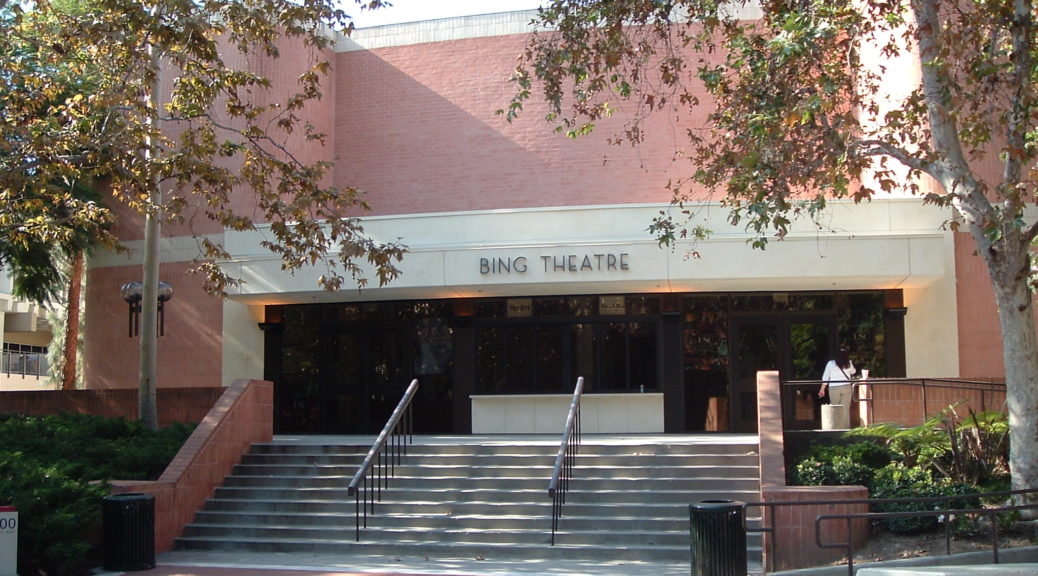By Kevin Jiang
Nothing gets up me in the morning like the smell of coffee. That delicious scent, dark and rich; a deep roasted aroma. To me, it is the smell of comfort, a warm reminder that “Hey, the day is going to be OK”. It’s what drives me to class in the mornings and gives that extra power boost in the afternoons. But hold up. Before you say I am addicted to coffee, let me affirm that I can stop drinking coffee whenever I want; I just have no desire to do so.
Coffee is my morning ritual. I don’t make it from some auto-brew coffee machine or the infernal Keurig (which are absolutely terrible for the environment, not to mention expensive), nor do I buy it from some overpriced coffee shop. I actually hand brew my coffee myself, either via a pour over or a French press (which I will explain in detail later). In the mornings, before my mind has the opportunity to fully comprehend my dreaded wakefulness, I trudge over to the kettle and heat up some water. I wait for the familiar thrum of the water heating before grabbing the beans. As I open the bag, the scented waft of the beans hits me hard, like cold water to the face. In an instant, I feel more alert and ready. I scoop out some whole beans into my hand-grinder. I begin churning, feeling the coffee beans crushing with each loop. As I crank, it is as if I am winding myself up for the day ahead. Then grabbing my machine of choice (either the pour over* or French press**), I begin the extraction. I pour a bit of water over the beans and allow them to “bloom***” for 30 seconds. A burst of scents—floral, earthy, and rich—flies up with the steam. I then pour in the rest of my water and wait patiently for my cup of bliss.



